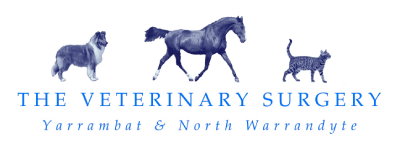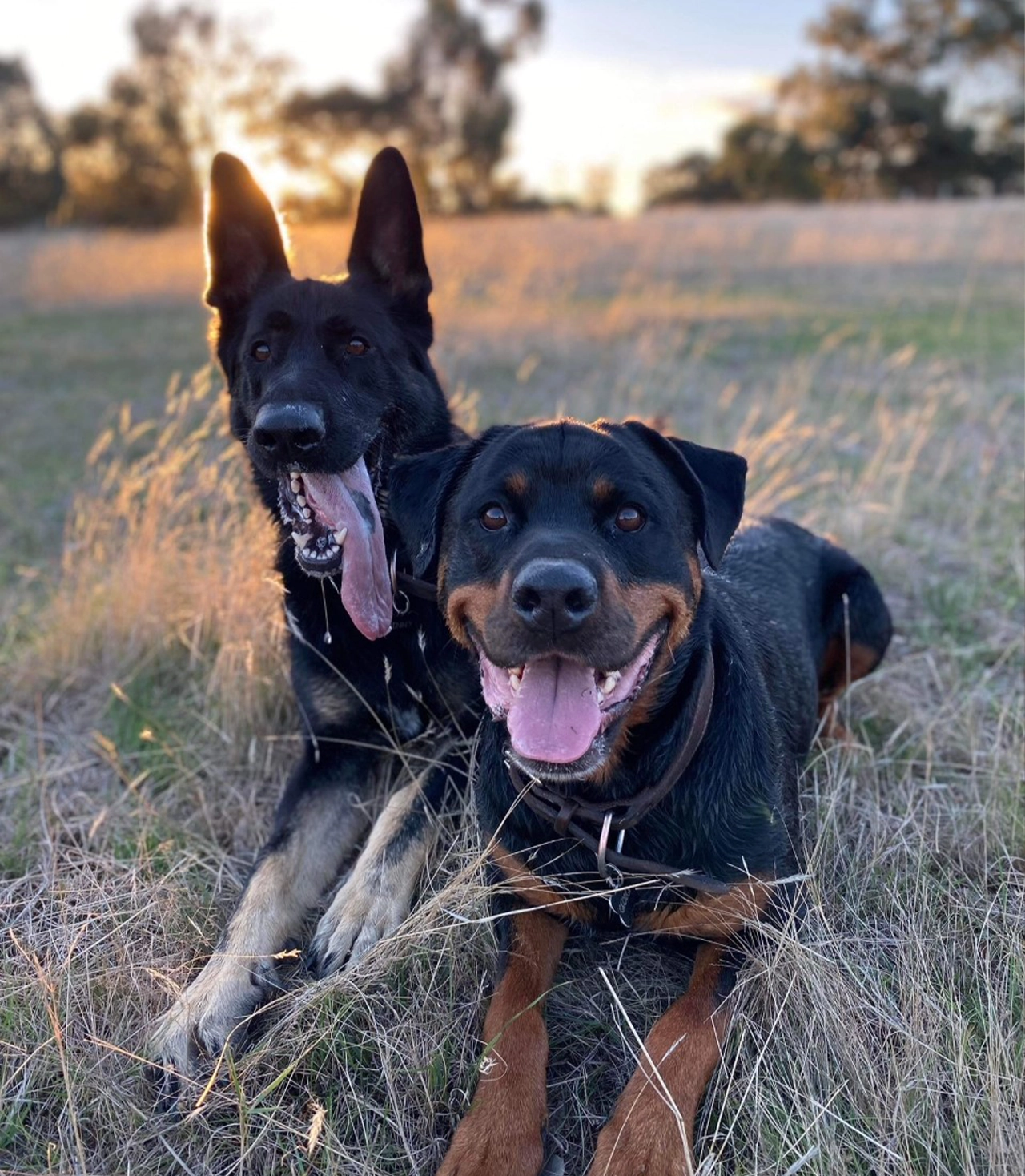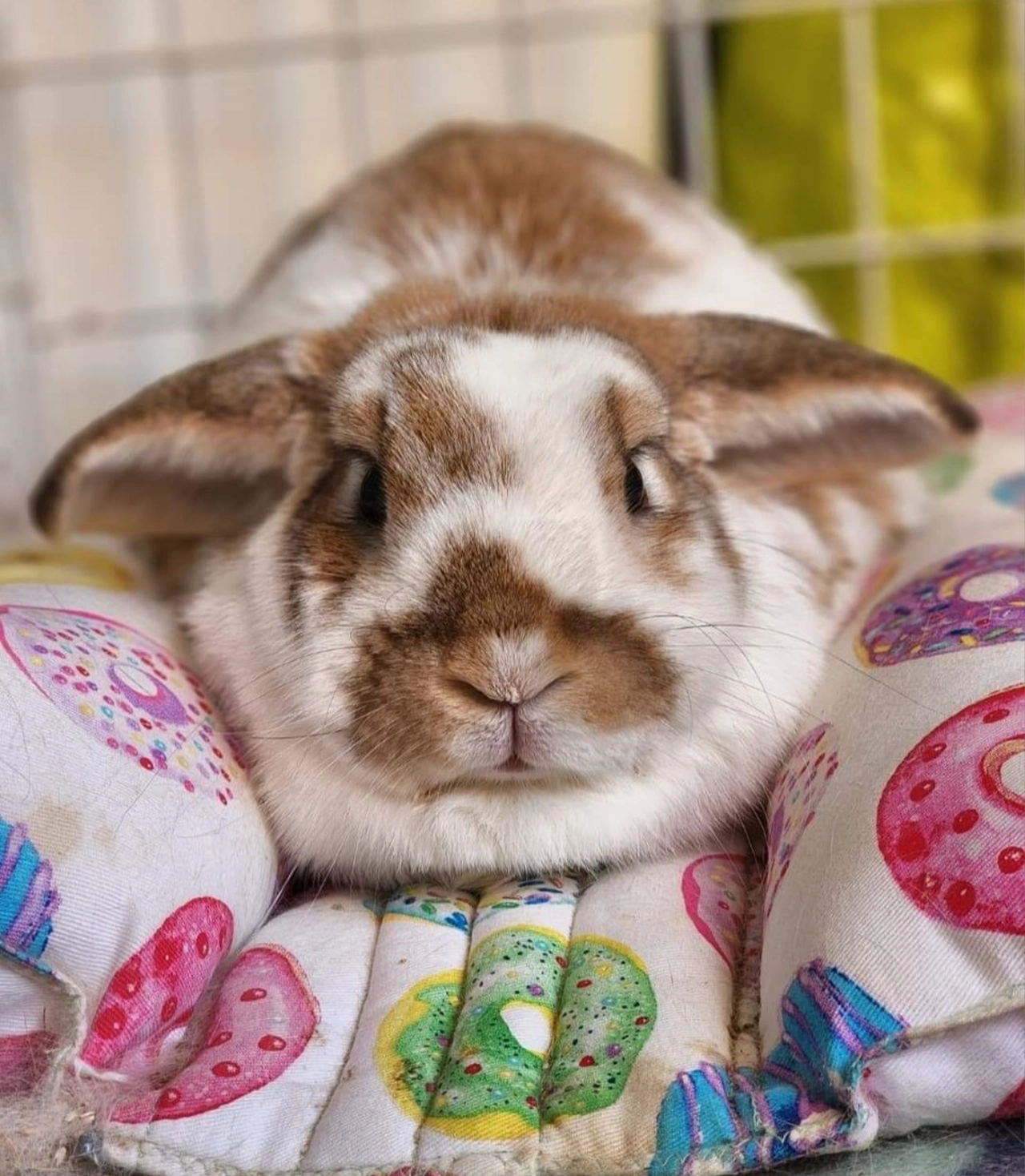Vaccinations
Here are our top 3 reasons for vaccinating your pet:
- Vaccinations protect against preventable diseases
- Vaccinations are substantially less expensive than the cost of vet treatment for the diseases they protect against
- Vaccinations protect your pet from transmissible diseases in boarding facilities, at parks and even when they visit the vet. If your pet has to be hospitalised for any illness, their immune system may already be compromised so you want to make sure they are protected.
Your pet’s health, lifestyle and exactly where you live may affect which vaccinations are necessary, so our expert vets will work with you to develop a simple and effective vaccination program for your pet.
Vaccinating your Dog
We recommend a puppy receive its first vaccination at 6-8 weeks of age, its second at 12-14 weeks and its third at 16-18 weeks. Vaccinations are then recommended annually, for life. It is vitally important that puppies are provided opportunities to socialise with other dogs and to explore the outside world, however some vigilance is required to ensure your puppy is well protected against infectious diseases. Your puppy will be well protected one week after the second puppy vaccination should your puppy be allowed to go outside and socialise with other dogs.
Canine vaccinations are commonly referred to as C3, C4 and C5, depending on the number of diseases they provide protection against. The five diseases for which dogs in Victoria are commonly vaccinated are:
- Parvovirus: causes potentially fatal diarrhoea, especially in pups and dogs under 2 years
- Distemper: coughing, diarrhoea and sometimes twitching, seizures, loss of balance and blindness
- Hepatitis: vomiting, diarrhoea, abdominal pain and possibly liver failure
- Parainfluenza: a virus partly responsible for causing a nasty cough commonly referred to as “kennel cough”
- Bordatella bronchiseptica: a bacteria causing a harsh, dry cough and lethargy, and partly responsible for “kennel cough”
Vaccinating your Cat
We recommend kittens be vaccinated at 6-8 weeks, then 12-14 weeks, then 16-18 weeks. Vaccinations are then recommended annually for life. Only one week after the final kitten vaccination should your kitten be allowed to go outside and socialise with other cats.
Feline vaccinations are commonly referred to as F3 and F4, depending on the number of diseases they provide protection against. The five diseases for which cats in Victoria are commonly vaccinated are:
- Enteritis (Feline Panleukopenia): causes fever, vomiting, diarrhoea, liver failure and sudden death
- Feline Calicivirus: part of the “cat flu” complex and a cause of fever, mouth ulcers and respiratory disease
- Feline Rhinotracheitis (Feline Herpes Virus): another part of the “cat flu” complex and a potential cause of permanent nasal and sinus infection
- Chlamydia: a bacterial disease which can cause conjunctivitis, respiratory disease, infections arthritis and even abortion
- Feline Immunodeficiency Virus (FIV or Feline AIDS): a potentially fatal disease commonly spread between cats via fighting and biting
Vaccinating your Rabbit
Rabbits should be vaccinated annually for calicivirus. Unfortunately we do not have a vaccine available for the other insect-borne disease, myxomatosis, so it is still important to keep your pet in a mosquito-proof hutch even after they have been vaccinated.



